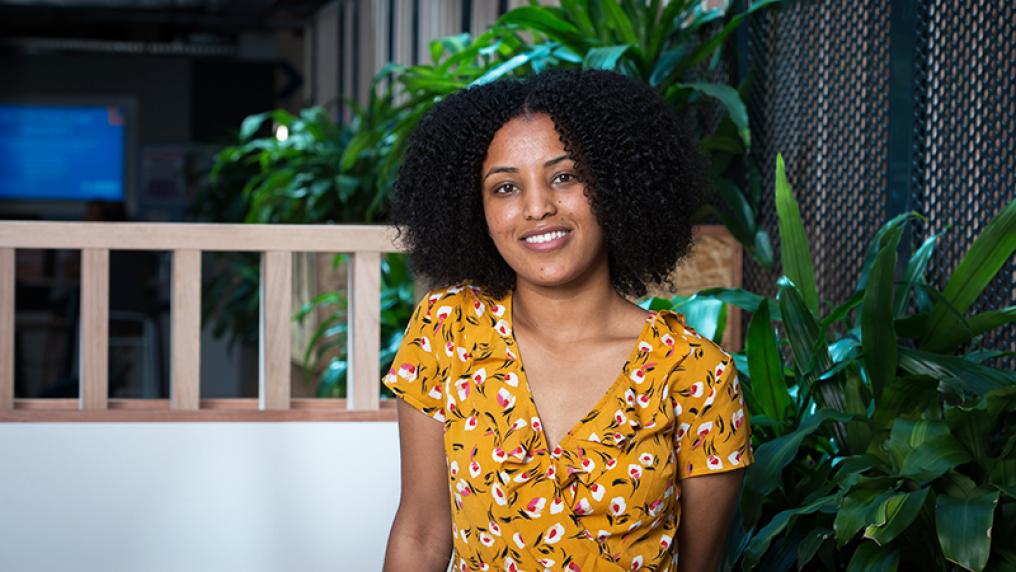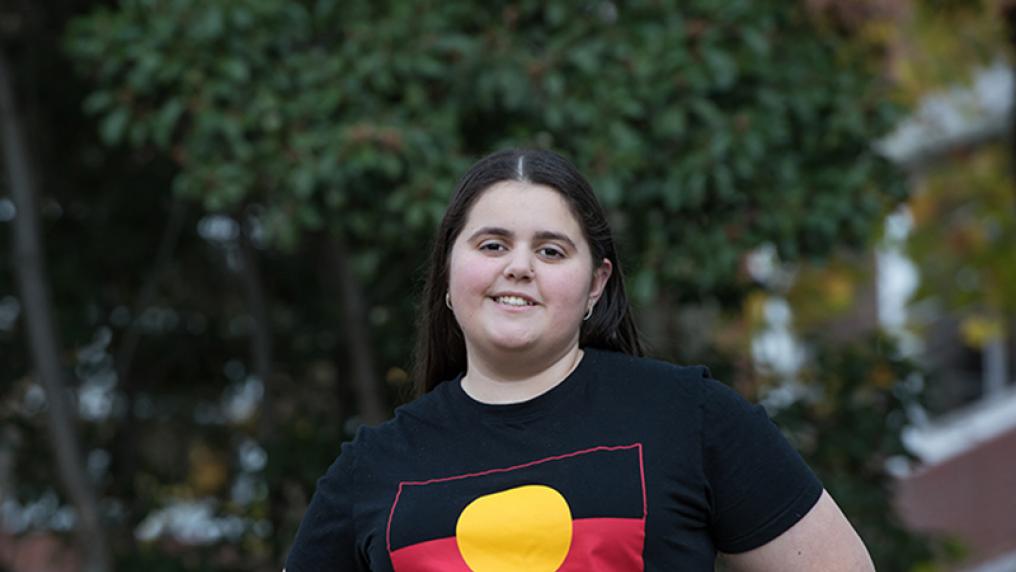Youth work industry placement
All students enrolled in youth and community degrees at Victoria University undertake units of study which include Work Integrated Learning (WIL) commonly referred to as industry placement.
Industry placement provides students with practical experience of professional work, in collaboration with industry and community sector supervisors, whereby students begin to understand and enhance their knowledge of work practice. These practical experiences are also the basis of students’ critical reflection and theorising.
Youth Work industry placement
Students in the following youth work courses from the College of Arts, Business, Law, Education and IT complete industry placement units during the course:
- Bachelor of Youth Work
- Bachelor of Youth Work/Bachelor of Sport Management
- Bachelor of Youth Work and Criminal Justice.
Youth Work industry placements are undertaken concurrently with university academic studies so that students can reflect on their practice and continue to consider how theory and practice interconnect. This model provides students with ongoing contact and support from the university for the duration of their placement.
Placement hours
Students undertake 400 hours of placement in the youth work courses, structured as two placements each of 200 hours, competed in the second and third year of the course.
Placement can occur at any time throughout a given academic year dependent on host organisation needs and student availability. Students negotiate their placement schedule with the workplace supervisor.
Industry placement opportunities
Throughout the industry placement units, students in the youth work courses will have an opportunity to gain practical experience by working with:
- non-government organisations (NGOs)
- non-profit organisations (NFPs)
- local and state government
- alternative education
- social enterprise
- youth services
- alcohol and drug services
- community camping /recreation programs.
International industry placement
Youth Work students also have the opportunity to achieve one of their industry placement experiences overseas.
VU offers a variety of funding options to support experiences abroad.
Previous international placement experiences have included:
- study tours (VU and external providers)
- exchange programs
- international youth work / education providers.
To explore the options students can talk with their placement partnerships officer.
Industry placement process
Student selection
The Youth Work Partnerships Officer will work to pre-select and match students with organisations based on the student’s interests, unit learning outcomes and partner organisation requirements. Once a match has been identified, the student is informed and will be expected to contact the host organisation and arrange a placement interview.
Placement interview
The placement interview is a chance for the host organisation’s supervisor to meet with student candidates and discuss details about the organisation and the placement opportunity. The interview might include discussion of the organisation’s services, programs and service users; project ideas or research topics; placement expectations; and commencement dates and suitable days and times for the placement.
Students are expected to view this as a professional job interview and present their current resume and Working with Children Check or National Police Check (where applicable).






